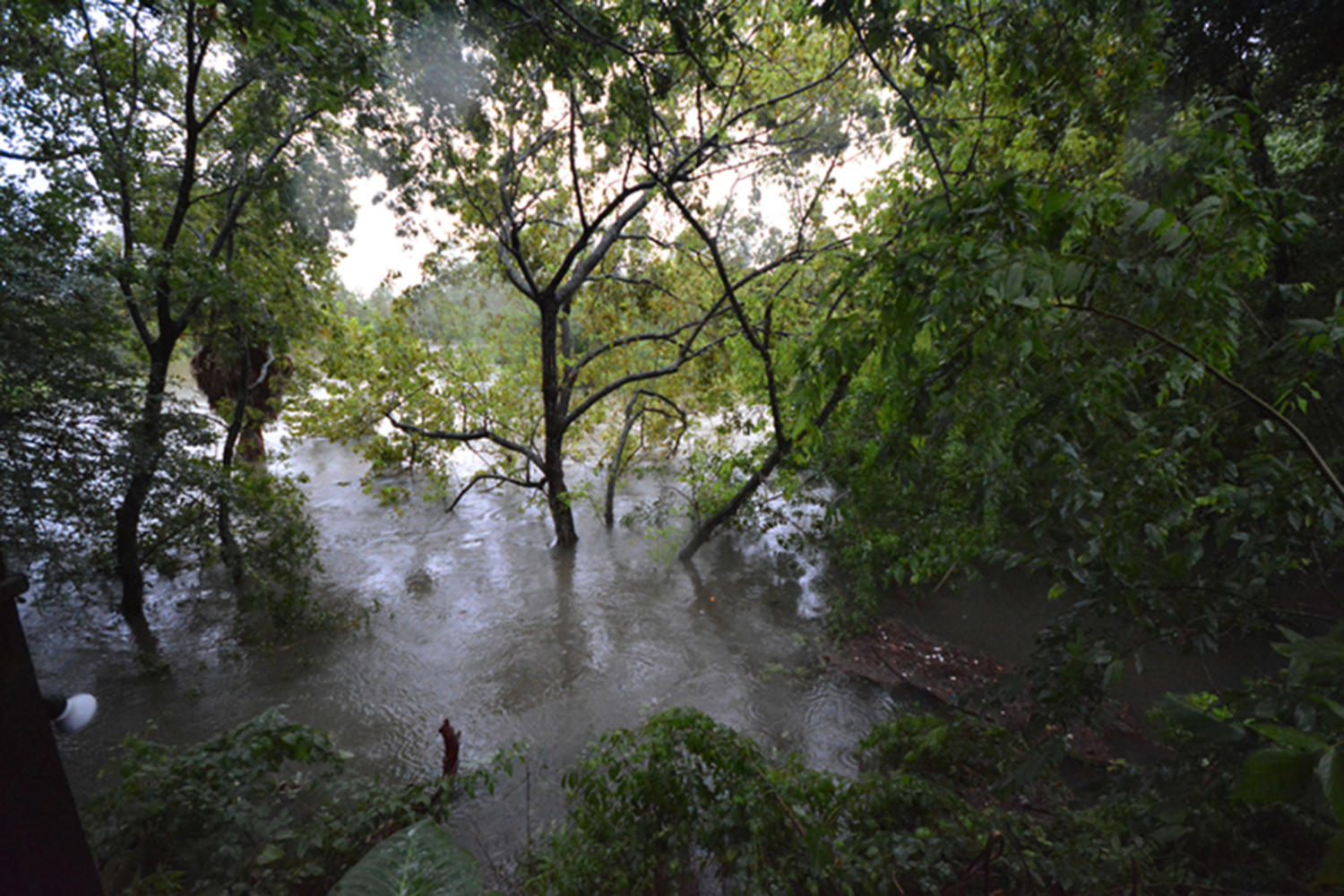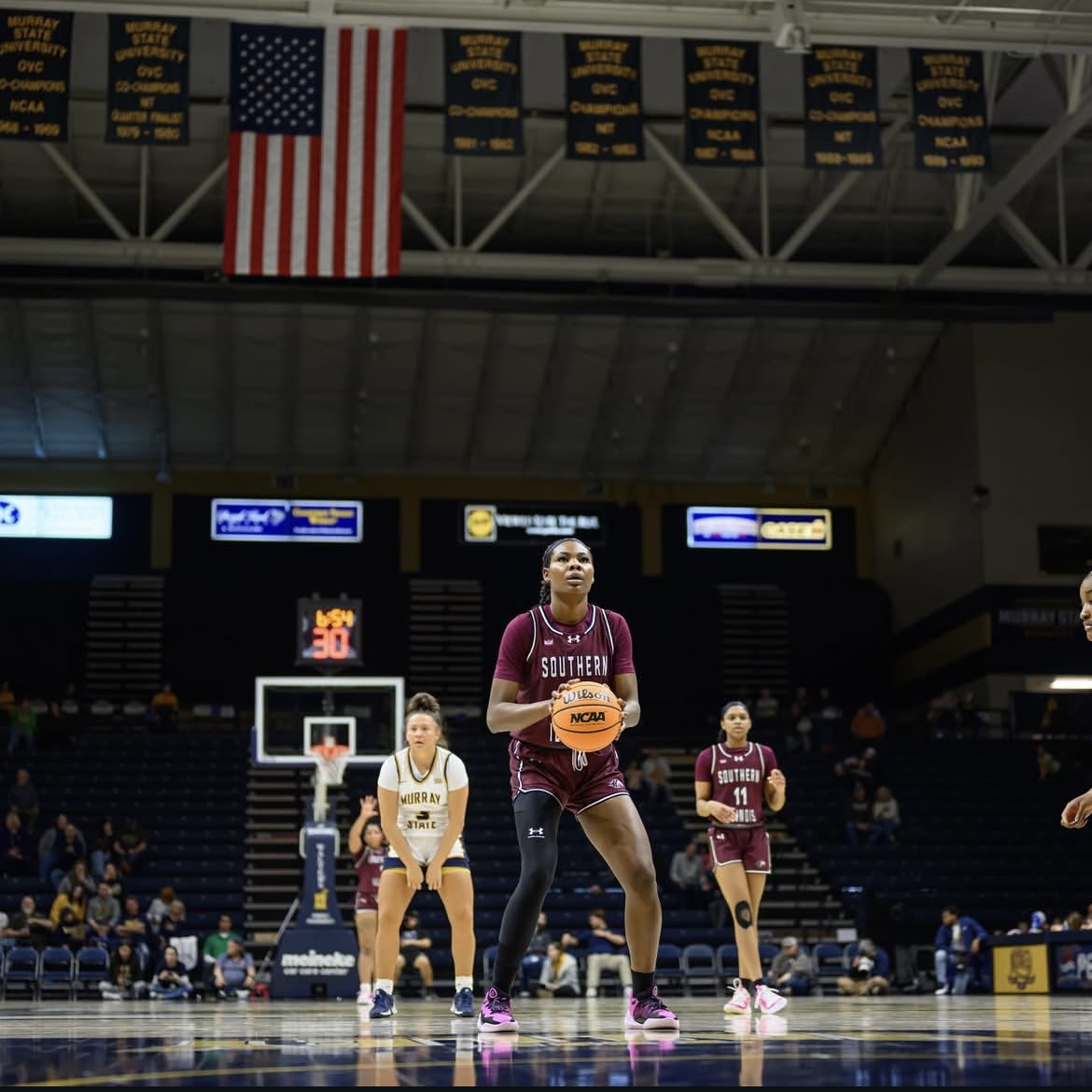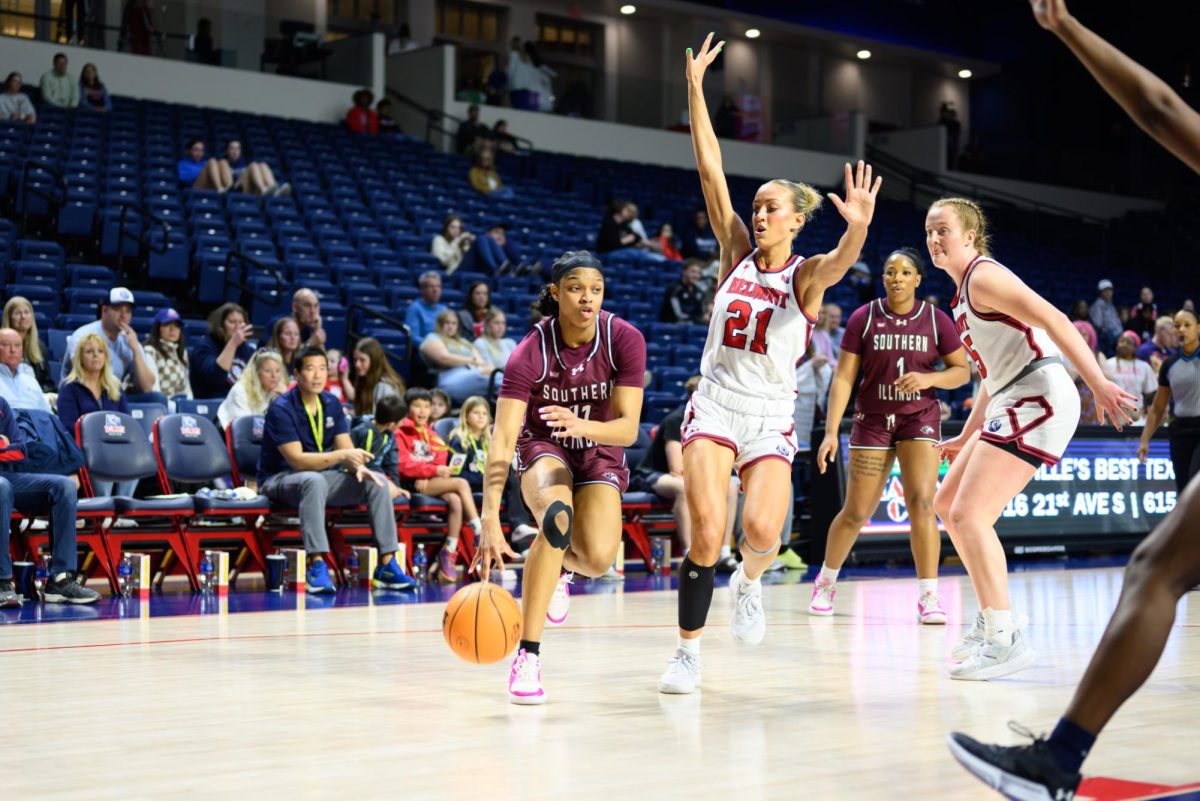Nearly a week after Harvey’s exit, floodwaters persist in some areas
While global warming didn’t cause Hurricane Harvey, it certainly made it worse. (Texas.713/FlickrCC)
September 5, 2017
Nearly a week after the rain stopped, floodwaters still covered major roads in Southeast Texas on Tuesday, threatening to submerge even the highest clearance pickups.
In Orange County, across the Sabine River from Louisiana, damaged furniture was piled high on curbs in Bridge City, where Hurricane Ike had wreaked havoc nine years before.
Nothing has compared to Hurricane Harvey, though, said Orange County Judge Stephen Brint Carlton, who heads emergency operations.
Advertisement
“We had over 20 inches of rain when we thought we would get around 5 or 6. That’s what cut off the roads. Trees started to fall. We had to evacuate shelters,” said Carlton, whose home was flooded. “It was something nobody had anticipated.”
Nearly two-thirds of the county was flooded. Nine people in the county of 82,000 died in the storm.
As floodwaters continue to recede this week, county officials are eyeing recovery efforts.
A few miles down the road in Beaumont, Gov. Greg Abbott promised area leaders that the state and federal government will work to reduce bureaucratic red tape for Southeast Texas residents who need money to rebuild.
“We don’t tolerate slowness,” said Abbott, who later handed out meals to residents at a high school.
Abbott said Monday night that the Federal Emergency Management Agency had granted his request for community disaster loan assistance for Texas localities affected by Harvey. Texas cities recovering from the storm can receive funding to help maintain their operating budgets and continue full operations while also focusing on rebuilding.
In Orange County, utility companies were working to restore power. Petrochemical plants were coming back on line. People were returning to their homes in some of the hardest hit areas.
Advertisement*
In the city of Vidor, on the western side of the county, Byron Lee, 39, followed in his large pickup as his father, sister and wife walked through knee-deep water toward their home.
A lineman for a power company, he had been working in Houston since last week to restore power to residents there and hadn’t been back home yet.
“My wife has been sending me pictures,” Byron Lee said as he drove. “The water is very deep.”
After pushing through the back door of his recently remodeled home, he was instantly hit with the musty smell of stagnant water that had crept 3 feet up the walls. Puddles still covered the wood floors. Bits of grass were stuck to a leather sofa set that had been delivered three months ago.
His wife, Julie Lee, 38, teared up as she flipped through the pages of a soaked photo album of her children when they were babies.
“It broke my heart,” she said.
As Hurricane Irma churns toward Florida, Byron Lee said he plans to head out there to help restore service after the storm hits. His family needs the extra money more than ever.
Vidor Police Chief Rod Carroll said at least half of the area’s homes, which rarely flood, were deluged with as much as 10 feet of water.
“When you get hit by a 1,000-year flood, nobody’s ready for it. A large portion of our citizens don’t have flood insurance,” Carroll said. “To be honest with you, I never bought flood insurance.” His home was flooded with 2 feet of water.
Betty Martin, 55, doesn’t have such coverage either because floodwaters have previously only advanced as far as her lawn. She also doesn’t know when she’ll return to work as a sixth-grade math teacher at Mauriceville Middle School, which was also damaged.
After watching sewage bubble up in her tub and water creep into her home through the door, Martin texted one of her former students to come with his flat-bottom boat to rescue her and her husband.
On Tuesday, as she watched one of her husband’s former students and their two young sons carried out soaked wallboard from their three-bedroom home, Martin reflected on how the storm has made Mauriceville, a town of 3,300, even tighter.
“It’s a small town and after church you go to Market Basket to pick something up, you can have church again because everybody’s there,” Martin said. “Am I surprised by what people were doing to help here in the community? No, not at all.”
___
(c)2017 Austin American-Statesman, Texas
Visit Austin American-Statesman, Texas at www.statesman.com
Distributed by Tribune Content Agency, LLC.
Advertisement









